
Separation anxiety is a common issue many dog owners face, with certain breeds more prone to distress when left alone. However, some dogs are naturally independent and capable of managing time apart from their families without experiencing anxiety. These breeds tend to have a calm, confident demeanor, allowing them to remain composed even when left for extended periods. Their ability to self-soothe and entertain themselves makes them an ideal choice for owners who may have busy schedules or cannot provide constant companionship throughout the day.
13. Basenji
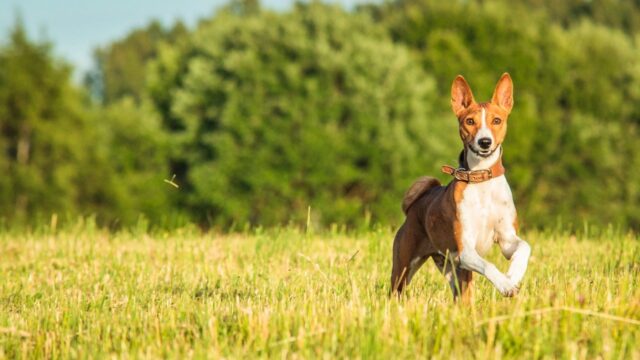
The Basenji is a lesser-known breed that hails from Africa and is sometimes called the “barkless dog.” Basenjis are independent and intelligent and often prefer to do things on their own terms. Their aloof nature makes them less likely to suffer from separation anxiety than other breeds. Though they bond with their families, Basenjis are quite content spending time alone and can entertain themselves. Their unique temperament and self-sufficiency make them ideal for owners who may need to leave them at home for periods of time without worrying about emotional distress.
12. Afghan Hound
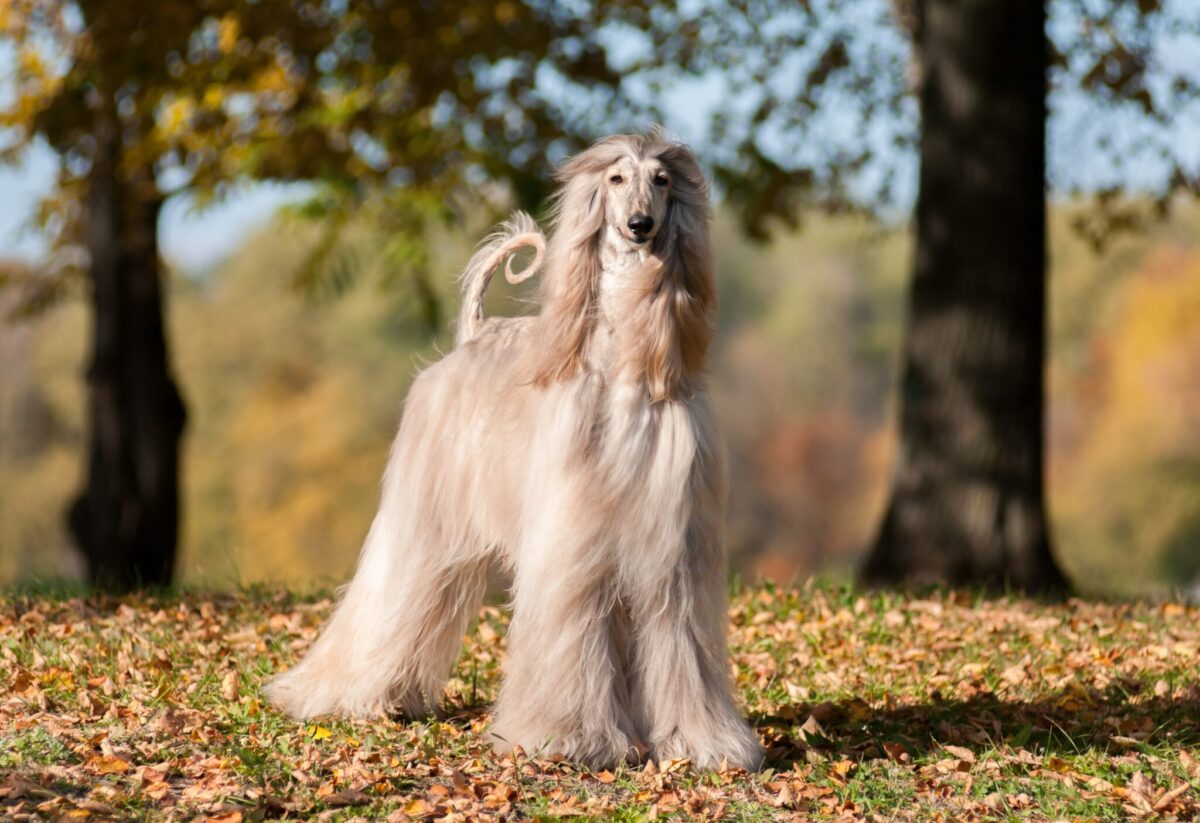
The Afghan Hound is a strikingly elegant and independent breed. Known for its aloof and somewhat reserved personality, the Afghan Hound does not form overly clingy attachments to its owners, which makes it less prone to separation anxiety. While affectionate, Afghan Hounds are more comfortable with their solitude than many other dogs. Their aristocratic nature means they enjoy quiet time, and they are often more focused on their surroundings than on their owners. Afghan Hounds handle alone time quite well as long as they have enough physical and mental stimulation.
11. Greyhound

Despite their reputation as racing dogs, Greyhounds are surprisingly low-maintenance and independent. They enjoy lounging around the house and can spend time on their own without becoming distressed. Greyhounds have a laid-back temperament and are content with their own company. While they enjoy short bursts of exercise, they are often seen napping throughout the day, making them perfect for owners with busy schedules. Greyhounds are known for their calm and relaxed demeanor, which helps them avoid the clinginess that can lead to separation anxiety in other breeds.
10. Bullmastiff
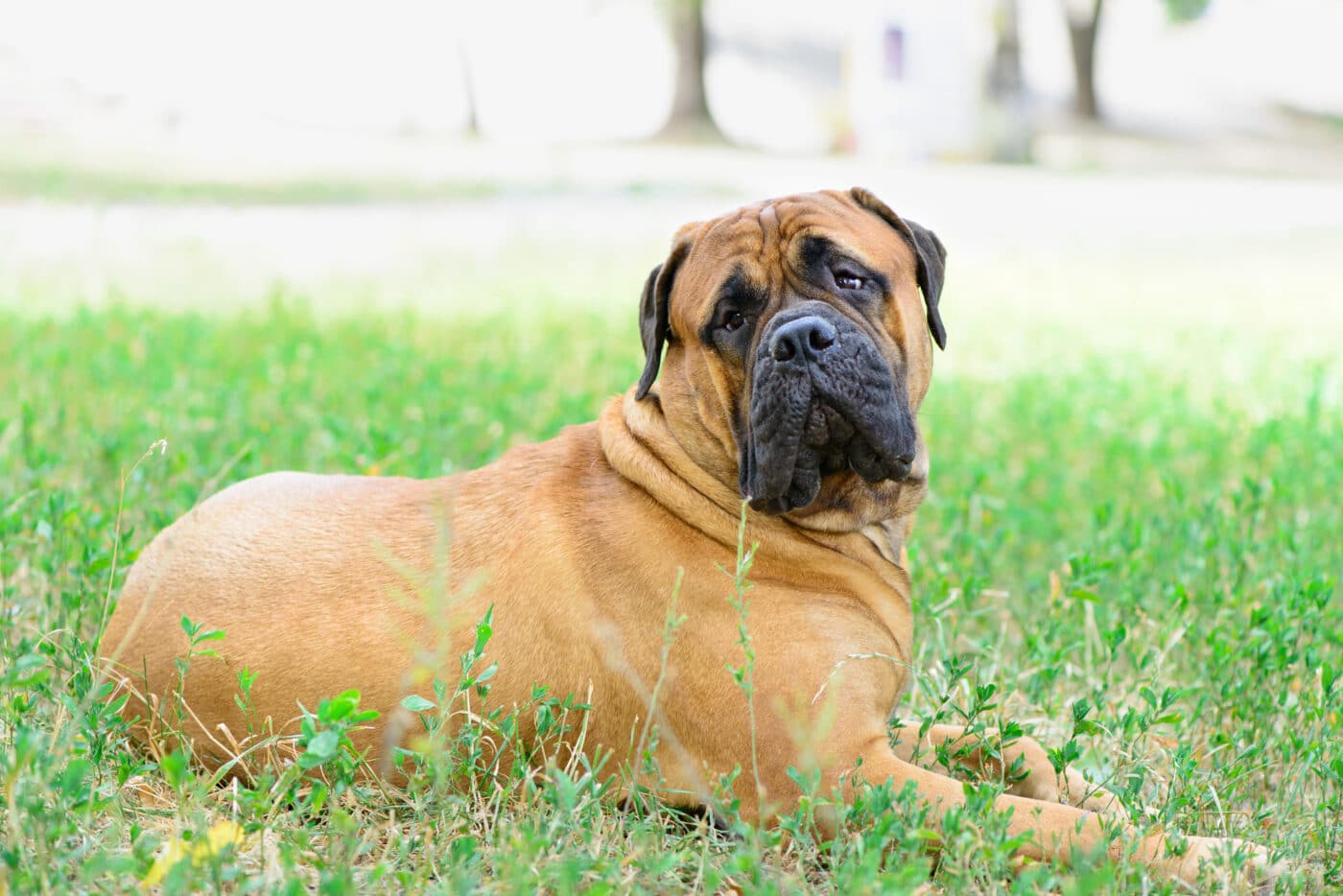
The Bullmastiff is a large and powerful breed known for its calm and dependable nature. While they are fiercely loyal to their families, Bullmastiffs are also incredibly independent. They have a quiet confidence that allows them to handle time alone without becoming anxious. Bullmastiffs are not prone to high energy levels or excessive emotional dependency, making them a great choice for people who must leave their dogs home for extended periods. With proper exercise and stimulation, Bullmastiffs are more than happy to relax by themselves until their owners return.
9. Great Pyrenees
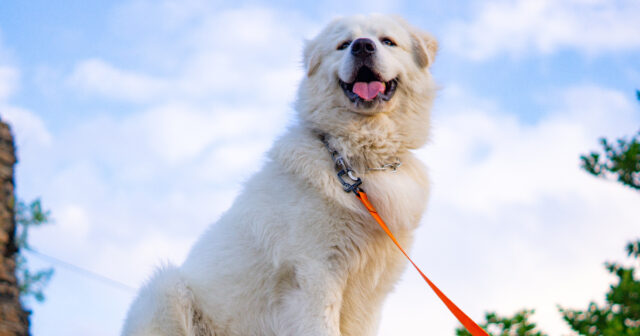
The Great Pyrenees is a gentle giant known for its protective instincts and independent nature. Originally bred to guard livestock, this breed is perfectly content spending long stretches of time on its own. Great Pyrenees dogs are not needy regarding attention and affection and prefer having their own space. Their calm, serene demeanor and self-sufficiency make them ideal for owners who can’t always be around. As long as they have room to roam and a task to keep them occupied, the Great Pyrenees is unlikely to experience separation anxiety.
8. Lhasa Apso
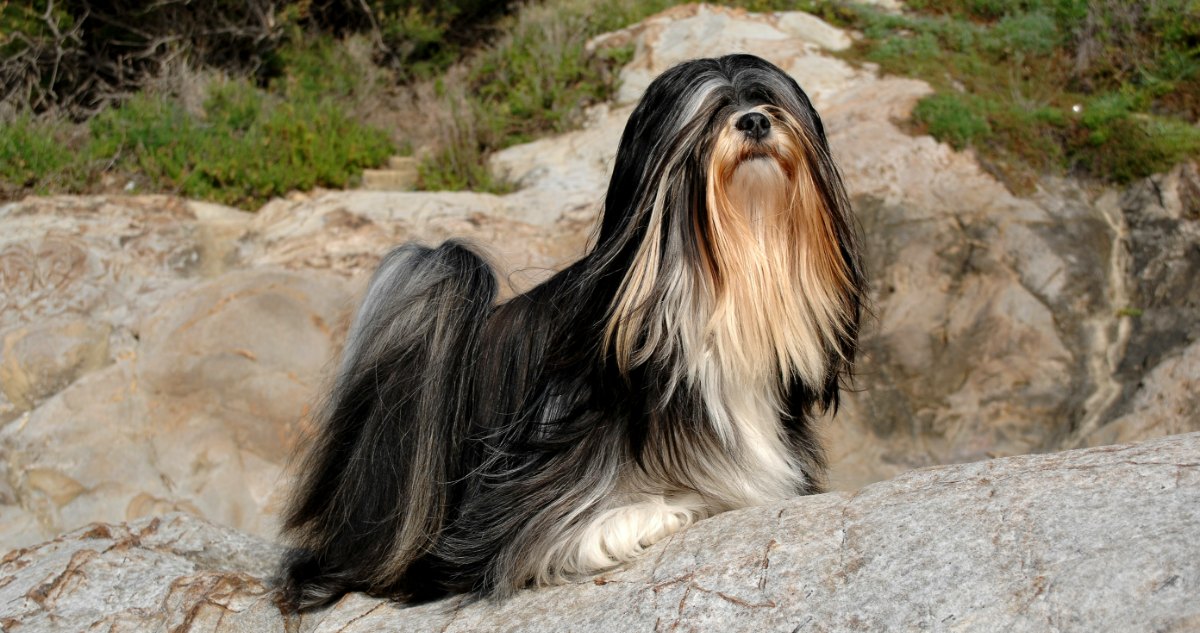
The Lhasa Apso is a small, sturdy dog that was originally bred to guard Tibetan monasteries. This breed has a confident and independent personality despite its size, making it less prone to separation anxiety. Lhasa Apsos are highly intelligent and can entertain themselves, especially when left with interactive toys. They are not overly clingy and are quite content being on their own as long as they are provided adequate stimulation. Their calm, dignified temperament means they are not easily stressed by the absence of their owners.
7. Norwegian Elkhound
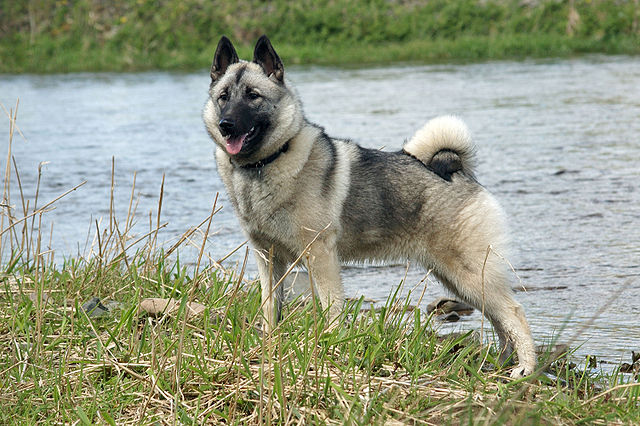
The Norwegian Elkhound is a robust, confident breed that thrives on independence. Originally bred as a hunting and guard dog in Norway, the Elkhound can handle solitude without much distress. These dogs are self-reliant and can occupy themselves easily if given enough physical and mental stimulation beforehand. Norwegian Elkhounds bond closely with their families but are not needy or overly attached, which allows them to manage being alone for extended periods without suffering from anxiety.
6. Shar-Pei
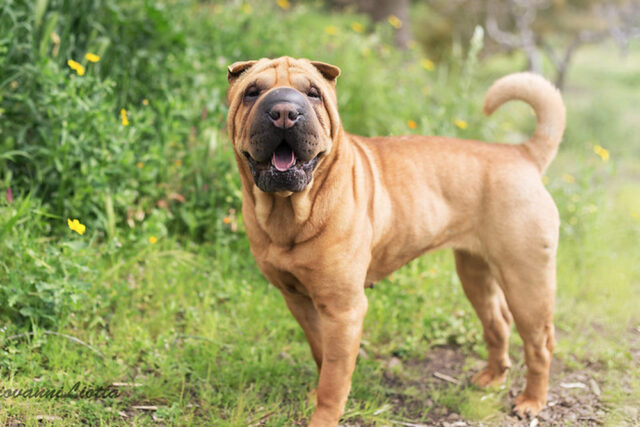
The Shar-Pei is a distinct breed known for its wrinkled skin and independent temperament. Shar-Peis are naturally aloof and do not crave constant attention or physical closeness, making them less prone to separation anxiety. While they form strong bonds with their families, they are perfectly content to spend time alone. Shar-Peis are self-assured and dignified and often prefer observing their surroundings quietly rather than being the center of attention. Their reserved nature helps them cope well with solitude, making them a great choice for owners who can’t always be home.
5. Akita

Akitas are large, powerful dogs that are known for their independence and strong-willed personalities. They were originally bred in Japan for guarding and hunting, and this heritage has left them with a self-reliant nature. Akitas are not prone to separation anxiety because they are confident and comfortable alone. While they are fiercely loyal to their families, they do not require constant attention or companionship to be happy. As long as they are given enough physical exercise and mental stimulation, Akitas can easily handle time alone.
4. Irish Wolfhound
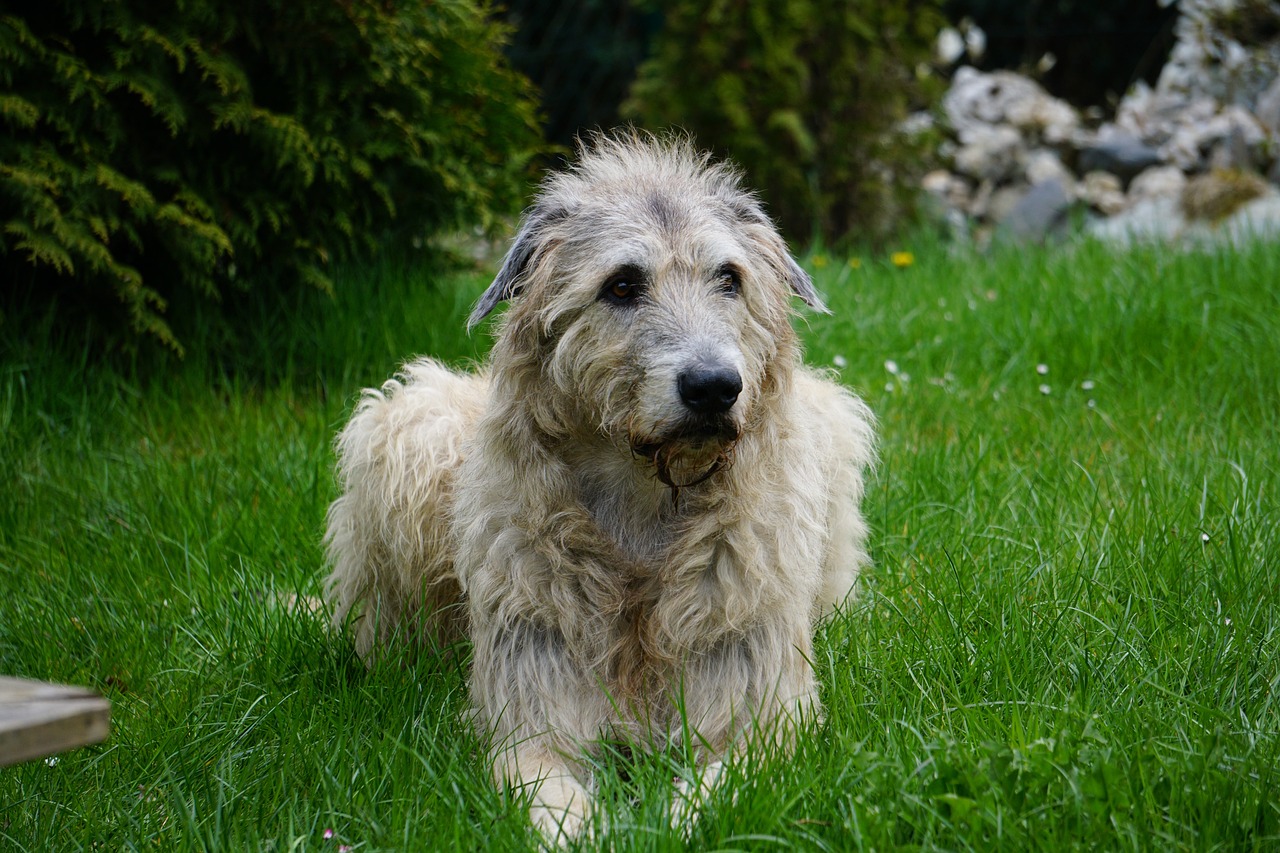
The Irish Wolfhound is one of the largest dog breeds in the world, but despite their imposing size, they are gentle and independent. These dogs have a calm and patient demeanor, which helps them avoid the clinginess associated with separation anxiety. Irish Wolfhounds are not overly dependent on their owners for emotional support and are content to spend time alone, especially after a good walk. Their laid-back nature means they are less likely to become anxious when left home for a few hours, making them ideal for owners with busy lifestyles.
3. Tibetan Mastiff
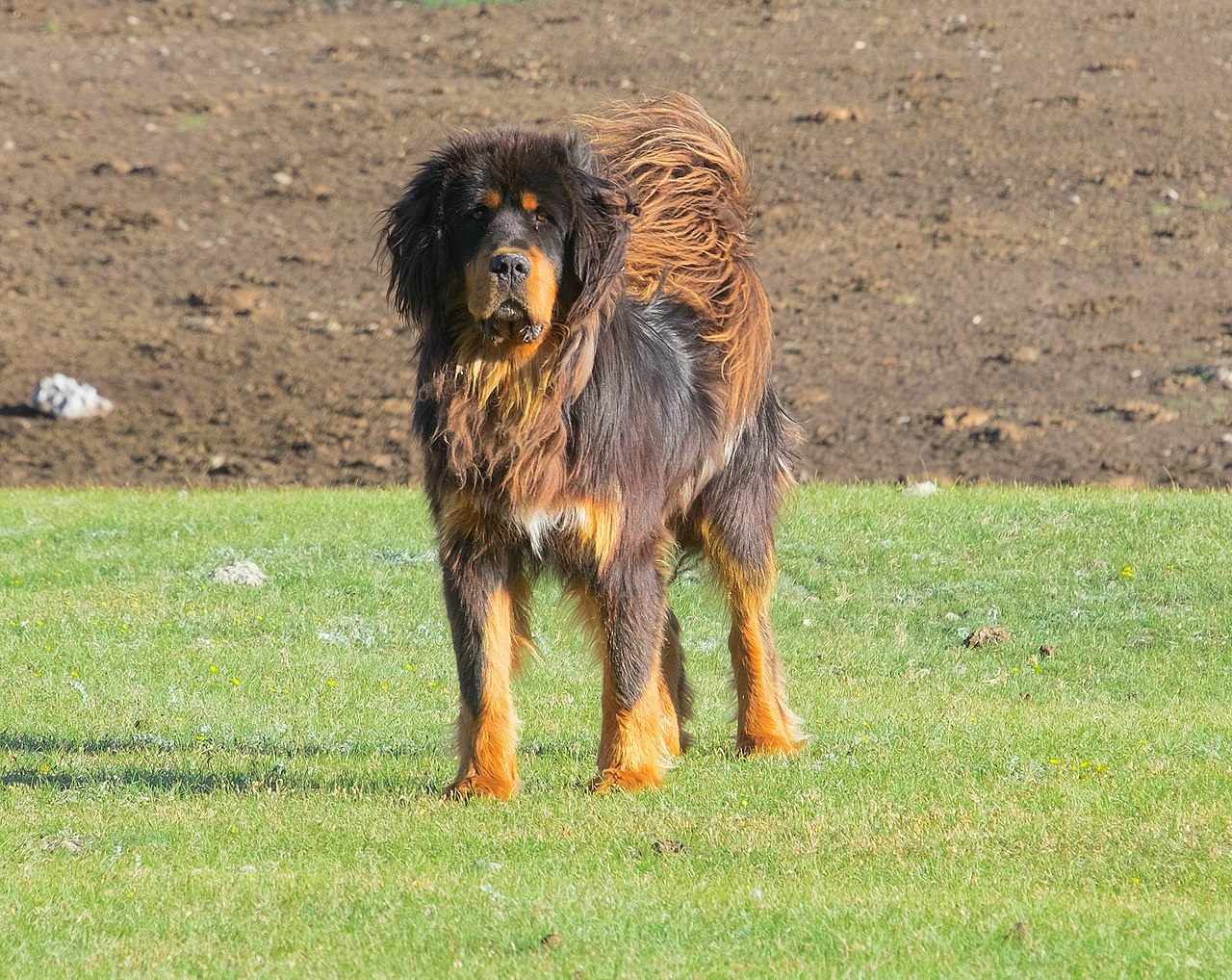
The Tibetan Mastiff is a breed known for its independence and guarding instincts. These dogs were bred to protect livestock and property in the Himalayas, often spending long periods alone. This background has made the Tibetan Mastiff a self-sufficient and confident breed, capable of handling solitude without any issues. While they are fiercely loyal to their families, Tibetan Mastiffs are not emotionally needy and can entertain themselves. Their strong, independent nature makes them one of the least likely breeds to suffer from separation anxiety.
2. Whippet
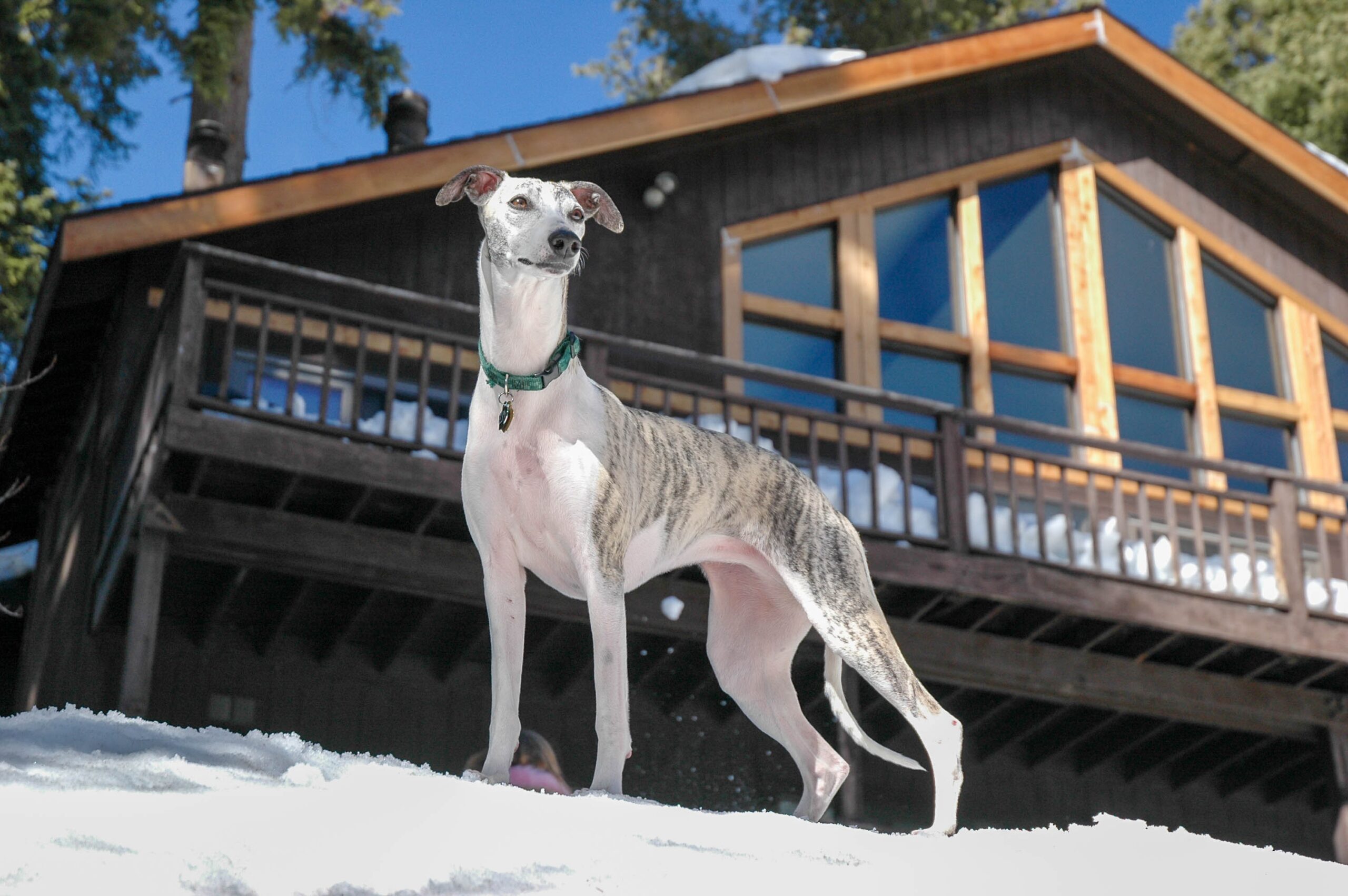
Whippets are known for their speed and agility, but they are also incredibly calm and easygoing dogs when indoors. This breed is content to lounge around the house and enjoys spending time alone, especially after a good run. Whippets are independent and not prone to excessive attachment, which makes them less likely to experience separation anxiety. While they enjoy the company of their owners, they can also relax for extended periods. Whippets’ low-maintenance temperament and ability to self-soothe make them ideal for owners who may need to leave them alone during the day.
1. Chow Chow
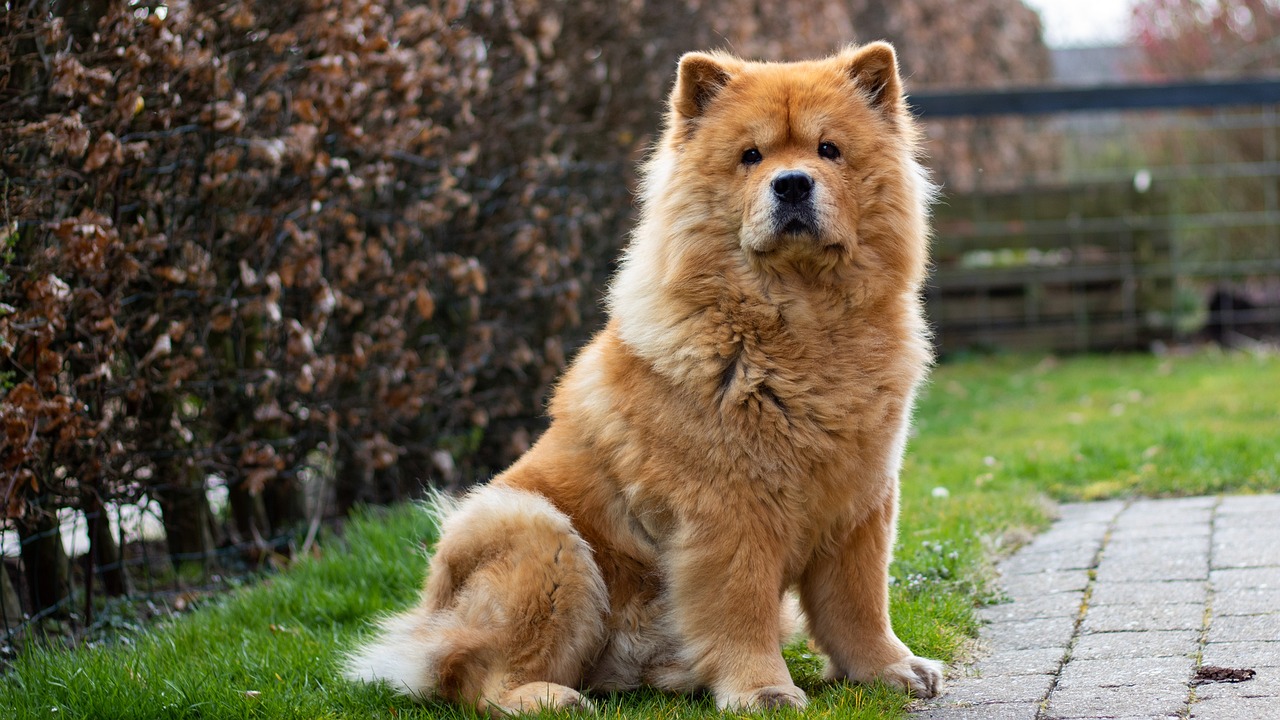
The Chow Chow is a distinctive breed with a lion-like appearance and a reputation for independence. These dogs are naturally aloof and do not form overly clingy bonds with their owners. Chow Chows are content with spending time alone and do not require constant attention or companionship. Their calm, dignified nature makes them one of the best breeds for avoiding separation anxiety. While they are loyal and protective of their families, Chow Chows are more than happy to relax on their own, making them a perfect choice for owners who need a dog that can handle solitude.
Independent Breeds Who Handle Solitude Well
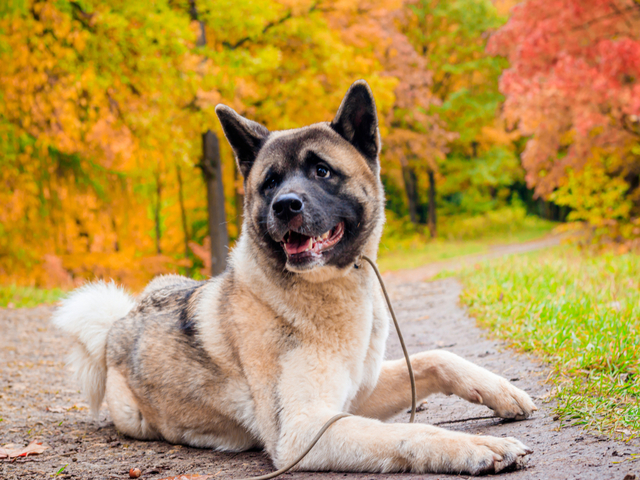
These dog breeds stand out for their ability to remain calm and composed when left alone. Unlike more anxious breeds, these dogs are independent, confident, and capable of entertaining themselves without becoming stressed or destructive. Whether due to their aloof nature or self-sufficient temperament, these breeds are far less likely to suffer from separation anxiety, making them ideal for owners who need a dog that can handle time apart. If you’re looking for a breed that can comfortably stay home alone, any of these dogs would make an excellent choice.
 Toledo, United States.
Toledo, United States.